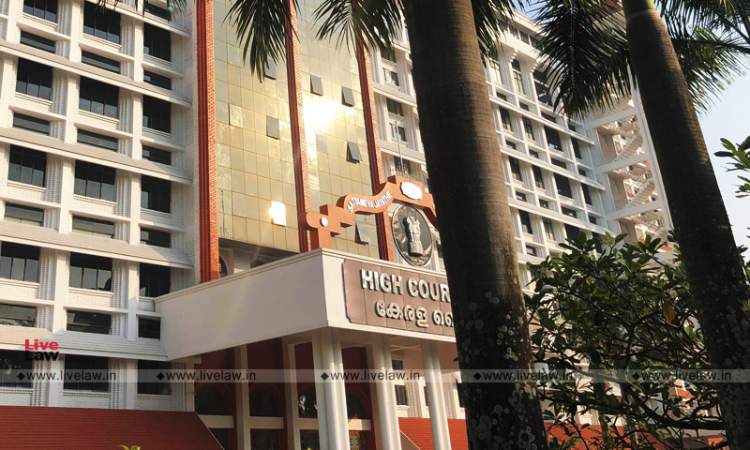Remedy Of The Licensor Is Mandatory Injunction And Not Eviction Or Recovery Of Possession
Justice V Ramkumar
1 Jan 2020 10:47 AM IST

In the decision reported in Madhu Gupta v. K.T. Hassan Koya 2019 (5) KHC 42, a learned single Judge of the High Court of Kerala in a second appeal, after reversing the findings concurrently recorded by the Courts below that the suit transaction is a lease and not a license, remanded the case to the trial Court for disposal afresh after giving the plaintiff an opportunity to incorporate the substantial relief of eviction.
A reading of paragraph 3 of the reported decision goes to show that the suit was one for mandatory injunction seeking to evict the defendant from the plaint schedule building. The judgment does not contain a synopsis of the pleadings in the case. The suit was presumably laid on the premise that the suit transaction is a license. Even though the defense was that it was a lease transaction and the said defense was concurrently upheld by the Courts below, the High Court has categorically found the suit transaction to be a license. If the plaintiff had come to Court with a prayer for mandatory injunction so as to evict the defendant from the plaint schedule building, I fail to see as to how the said prayer was inappropriate or insufficient so as to warrant a remand of the case to the trial Court for the purpose of amending the prayer portion in the plaint.
The law is well settled that it is the creation of an interest in immovable property that distinguishes a lease from a license (vide Sridhar Suar v. Shri Jagannath Temple (1976) 3 SCC 485 = AIR 1976 SC 1860 - 3 Judges). While a lease falling under Section 105 of the Transfer of Property Act, 1882, is not a mere contract but envisages a transfer of interest including possession in the demised property, a license under Section 52 of the Easements Act, 1882 only makes an action with permission lawful which without such permission would be unlawful and does not transfer any interest in favour of the licensee in respect of the property. (vide para 27 of Associated Hotels India Ltd. v. R.N. Kapoor AIR 1959 SC 1262 – 3 Judges; para 15 of Mugal Amusement Park (P) Ltd. v. State of M.P. (2012) 11 SCC 713 = AIR 2012 SC 3325). The legal possession, therefore, continues to be with the owner (licensor) of the property. The licensee is permitted to make use of the premises for a particular purpose. But for the permission, his occupation would be unlawful. In sharp contrast, the transfer of possession of the property in favour of the lessee is for enjoyment. (vide Associated Hotels (Supra.); Khalil Ahmed Bashar Ahmed v. Tufilhussein Samasbhai Sarangpurwala (1988) 1 SCC 155 = AIR 1988 SC 184B).
When legal possession in respect of licensed premises is that of the licensor, upon the revocation of the license and the wrongful overstayal by the licensee, all that the licensor need do in a suit is to seek a decree for mandatory injunction. (vide Ayissa v. Ami 1990 (1) KLT 98; Rajappan v. Veeraraghava Iyer 1969 KLT 811). The plaintiff in the case on hand has come to Court with a prayer for a mandatory injunction so as to evict the defendant from the licensed premises, the frame of the suit was perfectly in order and did not warrant any amendment. Even assuming that the prayer portion in the suit required to be properly moulded, the plaint could have been allowed to be amended in the second appellate Court itself since any further trial on such amendment would be unnecessary. Every endeavor should be made by Courts to ensure that the case is not unnecessarily protracted and the parties are not denied the fruits of the litigation through the laws' delay.
Justice V. Ramkumar is a Former Judge at the High Court of Kerala.
[The opinions expressed in this article are the personal opinions of the author. The facts and opinions appearing in the article do not reflect the views of LiveLaw and LiveLaw does not assume any responsibility or liability for the same]


